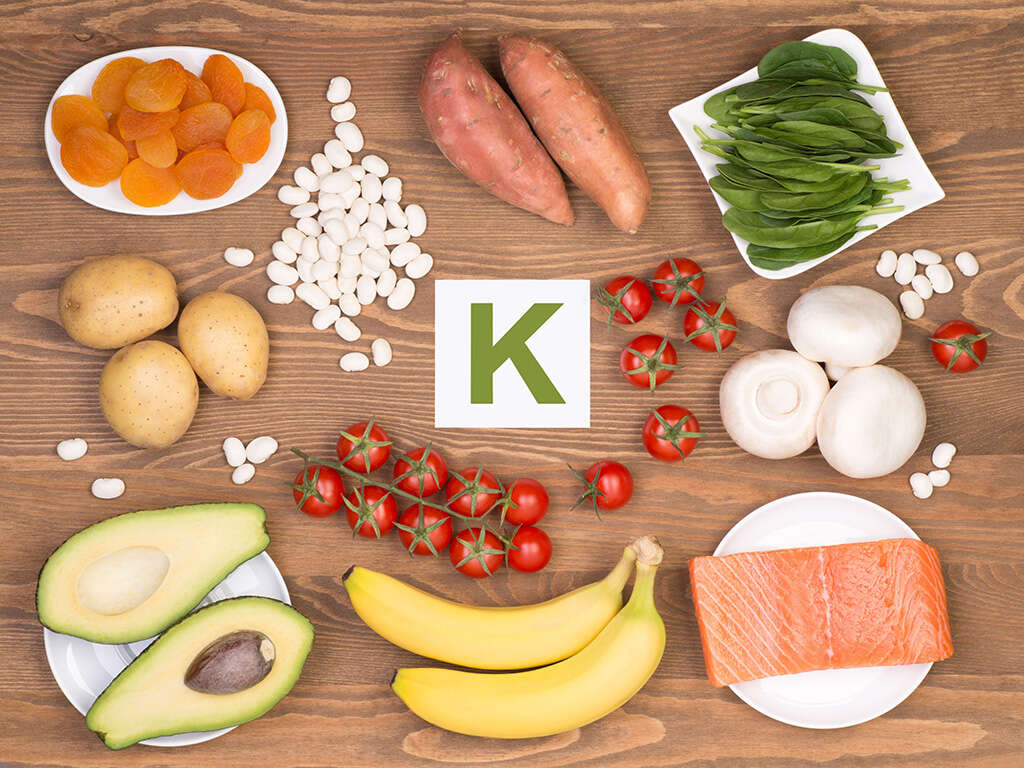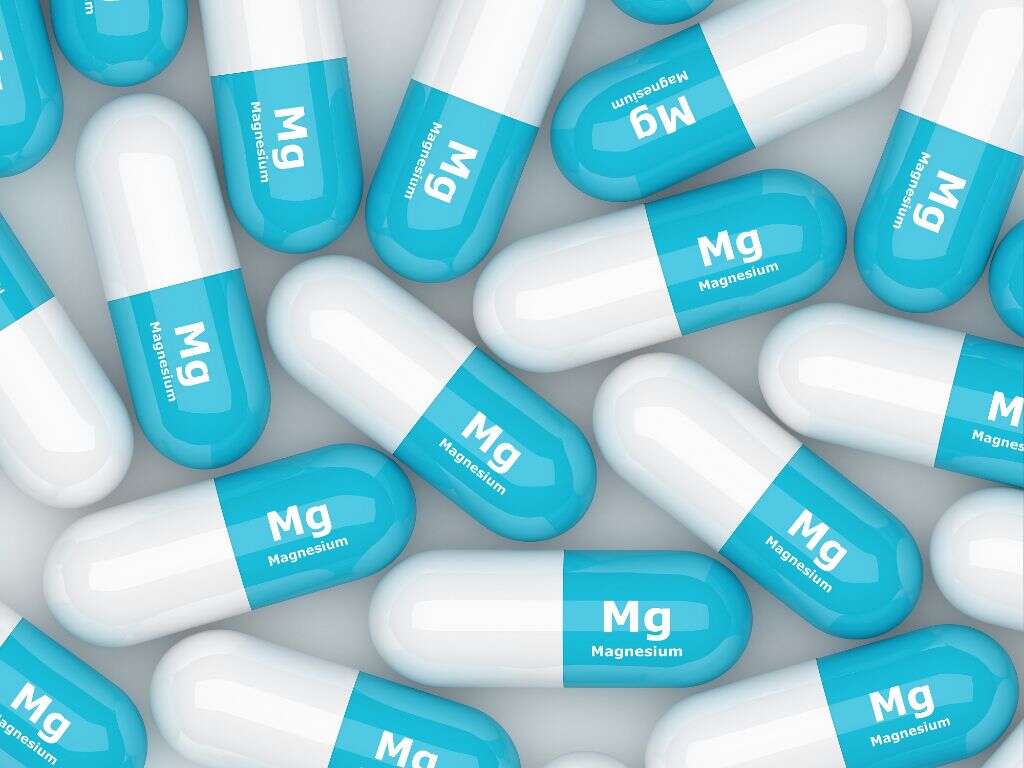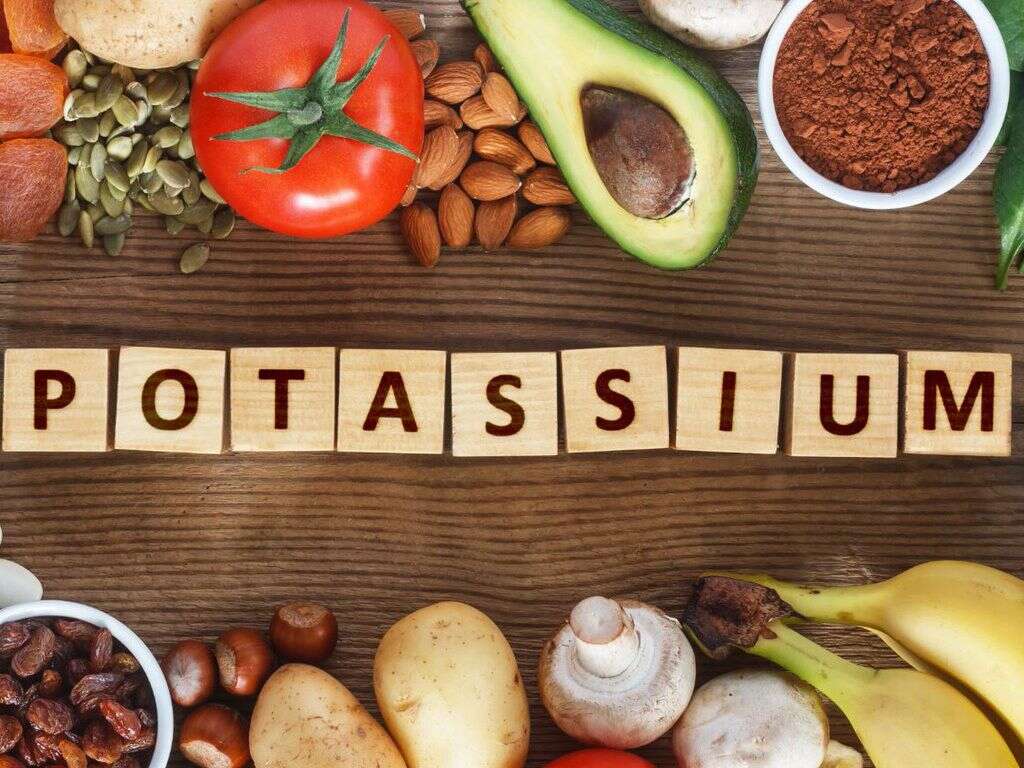10 Symptoms of Potassium Deficiency
Foods High In Potassium
When symptoms of potassium deficiency develop, it is important to act appropriately. The faster a treatment protocol is put into place, the lower the risk of developing complications due to a potassium deficiency. Blood tests can assist with identifying hypokalaemia by determining current levels of potassium in a patient’s blood circulatory system and comparing the test results to what is considered normal levels of the electrolyte. Individuals experiencing symptoms associated with this condition should increase their intake of foods that are rich in potassium, which will help to increase potassium levels in their body and help alleviate their symptoms.
Bananas are probably the most popular food associated with potassium. One large banana contains approximately 487 milligrams of potassium; thus delivering 14% of the daily recommended potassium intake. Bananas, however, are not the only type of food that is rich in potassium. Other sources of potassium include:
- Avocado (1,067 milligrams of potassium in one whole avocado)
- Acorn squash (896 milligrams of potassium per one cup acorn squash)
- Sweet potato (855 milligrams of potassium per large sweet potato)
- Spinach (839 milligrams of potassium in one cup cooked spinach)
- Wild-caught salmon (772 milligrams of potassium per half fillet)
- Pomegranate (667 milligrams per pomegranate)
- Coconut water (600 milligrams of potassium per one cup coconut water)
- White beans (502 milligrams of potassium per half cup white beans)
Advertisement












